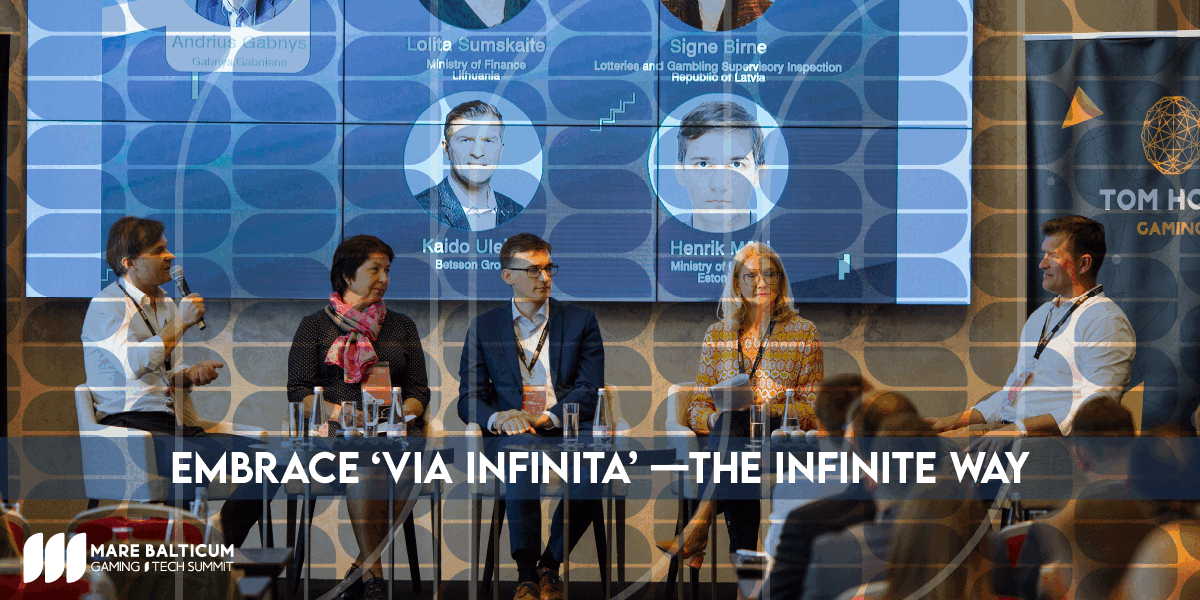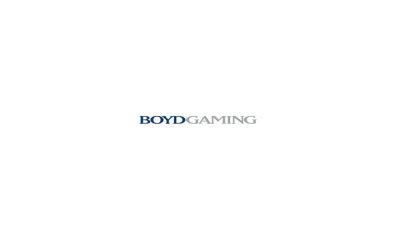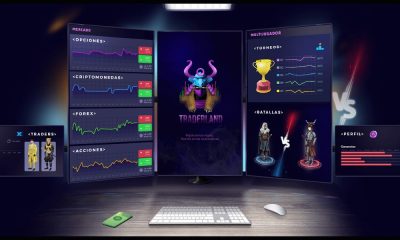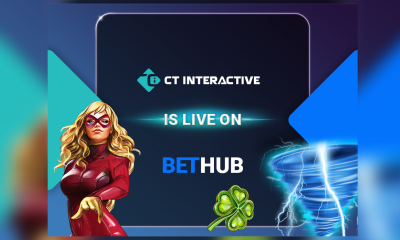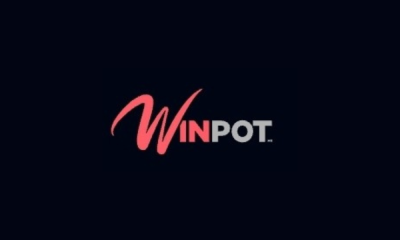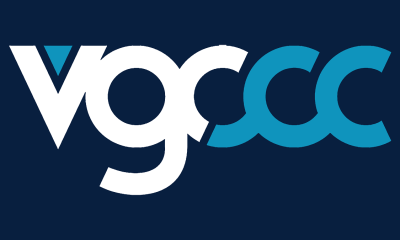Gaming
EGDF: UNITY’S INSTALL FEES ARE A SIGN OF LOOMING GAME ENGINE MARKET FAILURE
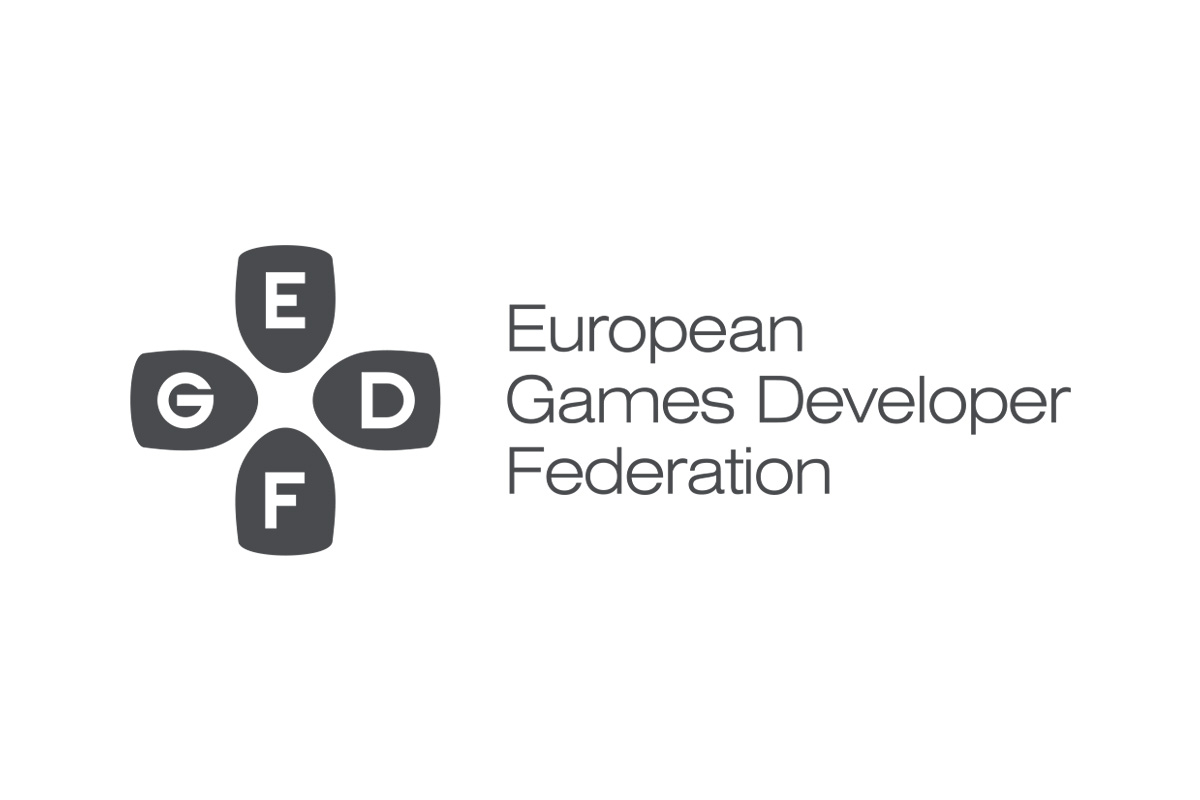
Step by step, video game engines are becoming key gatekeepers of European cultural and creative sectors. Currently, Unity dominates game engine markets, Unreal being its primary challenger. These two engines are not just clear market leaders in the game industry but increasingly vital market actors in film, architecture, and industrial design and simulations. In 2022, Unity reported that globally, 230,000 game developers made and operated over 750,000 games using the Unity Engine and the Unity Gaming Services portfolio of products.
Unity’s new fee structure is going to have a drastic impact on the game industry.
Over the years, the Unity game engine has reached close to unofficial industry-standard status in some game markets. Its well-designed tools and services have lowered the market access barriers in the game industry. Furthermore, it has played a crucial role in removing technological barriers to cross-platform game development. Now, Unity has informed the game dev community that it will move from subscription-based fees to subscription and install-based fees, which will significantly increase the game development costs for most game developers relying on their services. EGDF finds it unfortunate that Unity has significantly damaged its reputation as a reliable and predictable business partner with these sudden and drastic changes in its pricing principles.
Bigger game developer studios have the luxury of being able to develop their own game engines. Consequently, market uncertainty and significantly increased service provider risks caused by Unity’s new fee structure will hit, in particular, SME game developers. It will be much harder for them to build reliable business plans, make informed decisions on game engines, and run a profitable business. Many of these studios struggled to access risk funding before Unity’s announcement, and it has only worsened their situation.
Unity’s decision will have a broader impact on the whole game industry ecosystem. Many professional game education institutions have built their curriculum on the Unity game engine. If Unity’s new pricing model starts a mass exodus from Unity’s engine, it will lead to rapid changes in professional game education itself and place many young industry professionals who have built their career plans on mastering Unity’s tools in a very difficult position.
Although Unity’s decision will cause significant challenges for the industry, EGDF kindly reminds that instead of focusing on blaming individual Unity employees for the changes, it is far more productive to focus on taking measures that increase competition in game engine markets.
Unity’s anti-competitive market behaviour must be carefully monitored, and, if required, the European competition authorities must step in.
Unity is an increasingly dominant market player in the game markets. According to Unity’s own estimate, in general, 63% of all game developers use its game engine. The share can be even higher in some submarkets. Unity estimates that 70% of top mobile games are powered by its engine. Unsurprisingly, Unity’s game engine is now a de facto standard in mobile game markets to the extent that whole formal professional game education degree programmes have been built on training its use. However, Unity’s market dominance is not just based on the quality of its game engine. It is also an outcome of aggressive competition practices and systematic and methodological work of making game developers dependent on Unity services.
How Unity bundes different services together potentially distorts competition in game middleware markets. Over the years, Unity has, step by step, bundled its game engine more and more together with other game development tools under the Unity Gaming Services portfolio. Unity is not just a game engine; it is also a player sign-in and authentication service, a game version control tool, a player engagement service, a game analytics service, a game chat service, a crash reporting tool, a game ad network, game ad mediation tool, an user acquisition service and in-game store building tool. This creates a significant vendor lock risk for game developers using Unity services. It also makes it difficult for many game middleware developers to compete against Unity and, all in all, significantly strengthened Unity’s game engine’s market position compared to its rivals.
Now, Unity is strategically using install fees to deepen the lock-in effect by creating a solid financial incentive to bundle other Unity services even closer to its game engine: “ Qualifying customers may be eligible for credits toward the Unity Runtime Fee based on the adoption of Unity services beyond the Editor, such as Unity Gaming Services or Unity LevelPlay mediation for mobile ad-supported games. This program enables deeper partnership with Unity to succeed across the entire game lifecycle.” This will, of course, drastically impact Unity’s direct competitors.
Unity’s install fees are an excellent example of Unity’s potentially anti-competitive market behaviour. It is clear that if Unity’s pricing model had, in the past, been similar to the now-introduced model, it would likely never have achieved the level of dominance it enjoys today, as more developers would have chosen another alternative in the beginning.
The fact that Unity’s new install fees are only targeted at video games and do not apply to other industries logically leads to a question: Is Unity setting prices below cost level at different market segments, or is Unity charging excessive prices in game markets? Furthermore, does the fact that Unity is now introducing an install fee on top of the licensing fee mean that licensing fees have before been below cost level? Or does the introduction of install fees on top of the licensing fees of their game engine allow them to provide other, lock-in generating, services below cost level?
In the end, Unity has built its dominant position in game markets for years and systematically made game developers more dependent on it. It is a good question if Unity has now crossed the line of abusing its market dominance on weaker trading parties that deeply depend on its services. Game productions can take years, and game developers cannot change their game engine at the last minute, so they are forced to accept all changes in contract terms, no matter how exploitative they are. Unity must know that if they had given more notice, many more developers might have had a realistic chance of abandoning Unity altogether by the time the new pricing came into play.
The new install fees will limit game developers’ freedom to conduct business as it pushes them to implement Unity ad-based business models even in games that otherwise would not have ad-based monetisation. Furthermore, this will create a competitive disadvantage for those game distribution platforms that do not use ad-based monetisation at all (e.g. subscription services and pay-per-download games), as Unity is de facto forcing them to increase their consumer fees compared to channels that allow the use of Unity’s ad-based monetisation tools.
The new install fees will likely lead to less choice for consumers. Install fees will allow Unity to extract value from games that generate a lot of installs through, e.g. virality, but do not necessarily generate money. Install fees will lead to markets where game developers want to limit the downloads and try to avoid installs from the wrong players. This can potentially kill part of the game market. For example, indie developers that have an unfortunate mix of being a success on the number of installs but that are struggling to generate revenue, or hyper-casual game studios based on combining a huge install base with minuscule revenue generated per game.
In the long run, the EU needs to update its regulatory framework to answer the challenges caused by dominant game engines.
Unity’s install fees demonstrate why the EU needs a new regulatory framework for unfair, non-negotiable B2B contract terms. Contract terms Unity has with game developers are non-negotiable. With the new non-negotiable install fee, European game developers have to either withdraw their games from markets, increase consumer prices or renegotiate their contracts with third parties. For example, if a game memory institution makes games available for download on their website, a game developer studio must now ask for a fee for it or ban making European digital cultural heritage available to European citizens. The three-month time frame Unity is providing for all this is not enough.
The Commissions should introduce a specific regulation for non-negotiable B2B contract terms. The regulation should provide sufficient time (e.g. in a minimum, six months) for markets to react to significant changes in non-negotiable terms and conditions that a service provider has communicated to their business users in a plain, clear and understandable manner (e.g. now it is unclear how Unity counts the installs). Furthermore, the Commission should bring much-needed market certainty by banning retroactive pricing and contract changes.
The Commission should include game engines in DMA. While reviewing the recently adopted Digital Markets Act (DMA), the Commission should consider lowering the B2B user thresholds and adding gatekeeper game engines under its scope. This would, for example, ensure that Unity cannot use data it collects through its game engine to gain an unfair competitive advantage for its other services like advertisement services.
The Commission should increase its R&D support for the European game industry. The fact that there is no major competitor for Unity Engine that does not require constant back-end server connection is a market failure in itself. The Unity Game engine is not fully scalable because Unity has built its engine in a way that it calls home every time it is installed to report instals for Unity. Consequently, the Commission should strengthen its efforts to support the emergence of new European game technology and business service providers. In particular, the Commission should increase its support for privacy-friendly open-source alternatives for game engines, like for example Godot or Defold or similar, that do not require constant back-end server connection and thus have no need for scalable revenue-based fees or install fees.
Gaming
Plinko: A Classic TV-based Game, Now on Spinmatic’s Portfolio
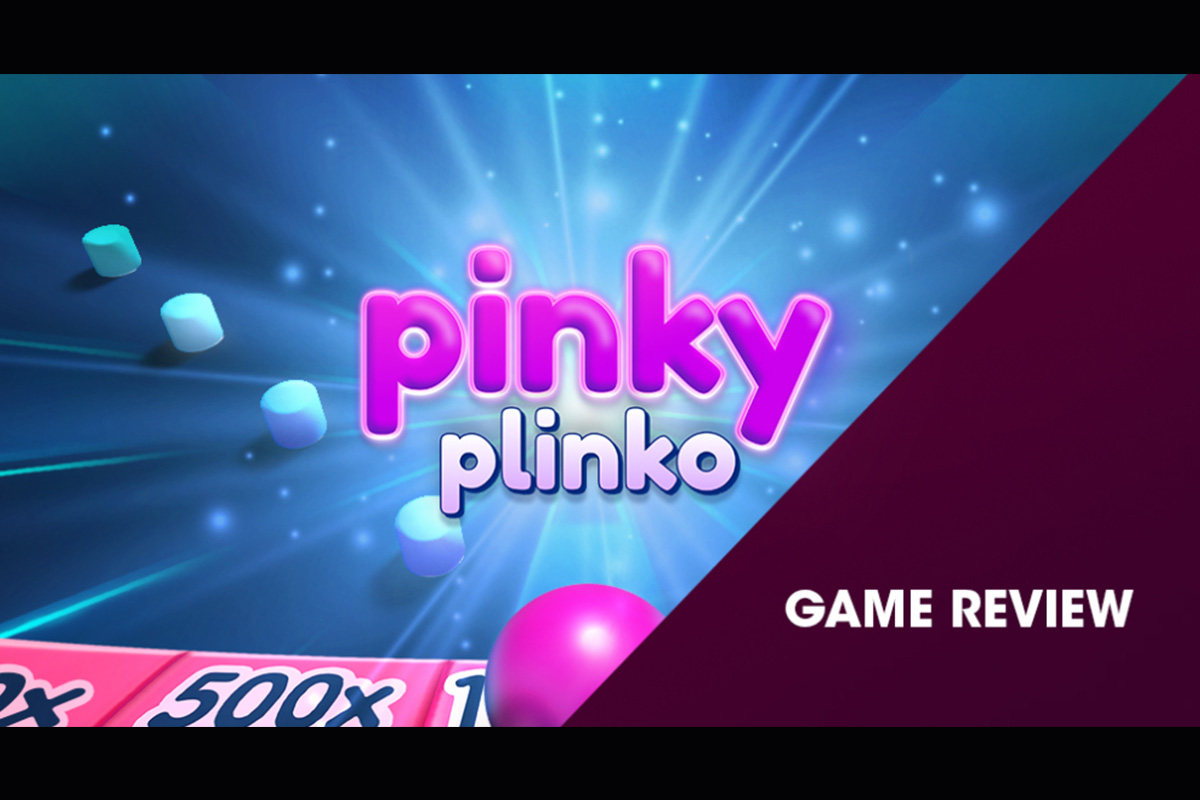
Television is an all-time massive communication medium, and the desire of becoming rich and famous watching participants on different shows has always been part of our culture.
And it’s not the first time casinos make the most of a TV game and its success… Fortune wheels, bingo machines… and now, Plinko!
More than four decades ago, in January 1983, Plinko was introduced in the world-known TV show “The price is right”, and the game is still part of the programme nowadays, being considered very often as the most famous pricing game of all times.
Being aware of the tremendous possibilities of this easy-to-play yet trepidant game, Spinmatic is launching a brand-new game category on its portfolio.
Plinko consists of a board full of blocking pegs in the form of a pyramid, with a certain number of winning spaces at the bottom. The aim of the game is to place the balls in the best winning spot to be awarded with the displayed prize.
With Spinmatic’s latest creation, Pinky Plinko, the company combines the classic excitement of plinko with a dash of colourful Asian vibes – giving a new look to the usual plinko game.
Set against an Asian-inspired backdrop, players place their bet from 0.1 to 80 and watch the ball zigzag down through a bunch of pins, building up the excitement with every bounce. They can choose their adventure with the Risk Level feature. Whether they’re feeling daring or prefer a safer path, Pinky Plinko lets them adjust the risk to match their betting style. For those who like a touch of strategy, the Hold & Drop feature will let them decide the exact moment to let the balls fall. A simple addition of control that will definitely engage players.
With its attractive features, gorgeous graphics and the thrill of big wins, it promises to be a hit with players looking for an entertaining and rewarding plinko game. Whether they’re a fan of traditional plinko or looking for something new to try, Pinky Plinko will provide them with an exciting challenge.
The post Plinko: A Classic TV-based Game, Now on Spinmatic’s Portfolio appeared first on European Gaming Industry News.
Blockchain
Traderland.io Launches a Fusion of Gaming and Investment Training
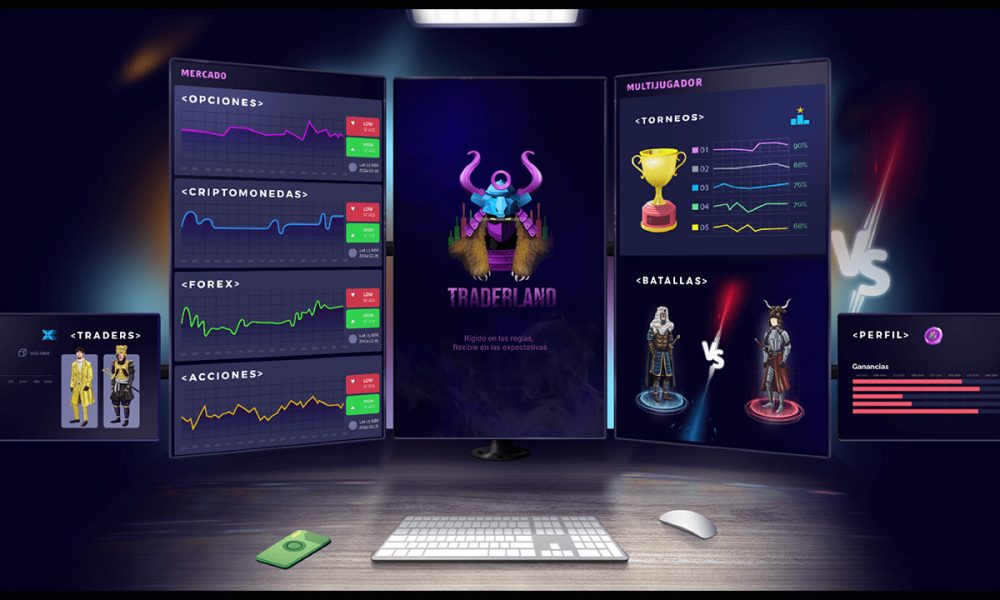
Traderland.io, an innovative interactive trading simulator gaming universe, has officially launched. The dynamic trading platform offers users the chance to immerse themselves in a socially-driven game landscape while honing their investment and asset-trading skills. Since its initial release, Traderland.io has rapidly gained popularity, attracting over 15,000 users.
Traderland.io stands out by utilizing real-time market data, allowing users to experience an immersive and realistic trading environment. Players can engage in trading activities that reflect live market conditions, providing a true-to-life simulation that enhances their learning experience.
In the Traderland.io universe, players are represented by customizable animated avatars. These avatars enable users to explore various cities within the platform, each offering unique challenges and opportunities. A significant feature is the ability to invest in virtual real estate across eight distinct regions, each with varying price points.
A core element of the Traderland.io experience is its tutorials, which are grounded in real-life trading scenarios. Users can choose to navigate these lessons with the guidance of a coach who is available to answer questions and provide step-by-step assistance.
Traderland.io offers a broad selection of virtual assets for users to trade, including forex, stocks, cryptocurrencies, and futures. By trading these assets, players can gain practical experience and understand the intricacies of different investment vehicles.
The asset prices within the platform mirror actual market fluctuations, allowing traders to observe the impact of their decisions and adapt their strategies accordingly. Players can monitor their gains and losses through a comprehensive dashboard, providing a snapshot of their portfolio’s performance.
One of the platform’s most exciting features is the opportunity for players to engage in trading battles and tournaments against traders from around the world. These competitions not only elevate the excitement but also offer the chance to win real money, adding a tangible reward to the virtual trading experience.
The investment landscape is expanding rapidly, with the cryptocurrency market alone projected to grow to $13.18 billion by 2031. As more investors enter the market, Traderland.io aims to bridge the knowledge gap by educating users about various assets through an engaging, gamified approach. By participating in real-time trading and completing the tutorials, players can enter the investment space with confidence and competence.
Traderland.io is available exclusively through its website, offering a unique and comprehensive trading simulator that combines education, competition, and community engagement.
Compass Arena
Midnight Gaming Corporation Enters into Venue Event Booking Services Agreement with Compass Arena

Midnight Gaming Corporation announced that it has entered into a Venue Event Booking Services Agreement dated May 31st, 2024 with Compass Arena LLC (Compass). The agreement gives Midnight a five year exclusive service period to provide esports and gaming events, conventions, and tournaments to Compass.
Compass is a state of the art multi-purpose venue located just outside of Chicago in the city of Willowbrook, Illinois. The venue contains two full size indoor soccer fields, the Compass Café, Fair Play Sports Bar, The Whiskey Bar and a Premiere Lounge. Compass has held major marquee events including Thunder from Down Under and will be hosting both Jump Van Halen Tribute and Queen Nation concerts in the coming weeks. The venue has a capacity of over 3000 and, with internal Audio Visual, Staging, Lighting and Seating, is truly an optimal venue for esports and gaming events.
“This agreement really allows Midnight to bring our network of gaming communities to Compass. Compass truly is a World class venue and with everything included it truly is a paradise for any gaming, concert, or convention event. Not only are the venue and assets top of the line but with multiple food and beverage options we have a truly unique offering for anyone looking to host events in the Chicago area,” Ken McGraw, CEO of Midnight Gaming, said.
As part of the Agreement, Midnight is able to offer use of the venue at rates never before seen in the esports and gaming industry. This includes a no money up front agreement with a focus on revenue sharing to ensure a win for all involved.
Ken added: “We know how hard it is for event operators to make money with the large up front costs associated with events. By removing this hurdle and risk we not only make Compass more enticing for potential partners but we share in the events success financially giving us more incentive to ensure everything is perfect.”
-

 Balkans6 days ago
Balkans6 days agoCT Interactive Goes Live with BetHub
-

 Latin America6 days ago
Latin America6 days agoSalsa primed to showcase localised LatAm solutions at Perú Gaming Show
-

 Alonso Jibaja6 days ago
Alonso Jibaja6 days agoDigitain Appoints LatAm Sales Director
-

 Latest News5 days ago
Latest News5 days agoWeek 23/2024 slot games releases
-

 Asia5 days ago
Asia5 days agoBetConstruct Wins Digital Sports Betting Supplier at Global Gaming Awards Asia-Pacific 2024
-

 Latin America6 days ago
Latin America6 days agoWiztech Group adds Relax Gaming to its Mexico-facing Winpot casino
-

 Amuser Plus5 days ago
Amuser Plus5 days agoAmusnet Set to Showcase its First-ever Slot Cabinets Series at PGS Lima 2024
-

 Australia5 days ago
Australia5 days agoVictoria Commission Launches Inquiry to Help Improve Bingo Regulations

